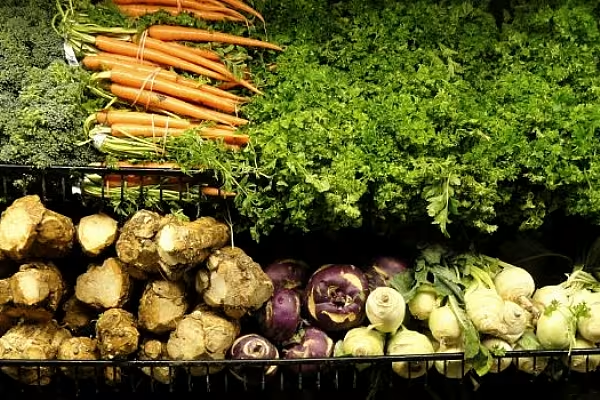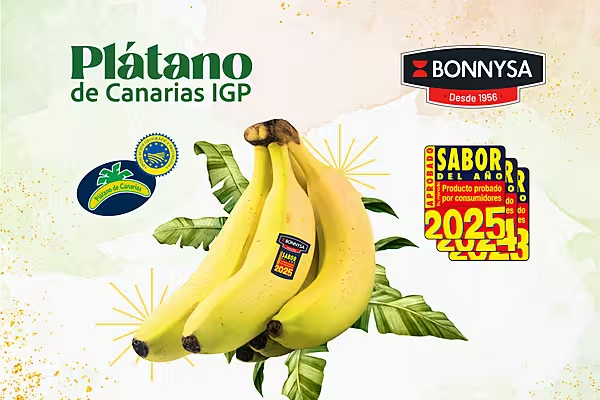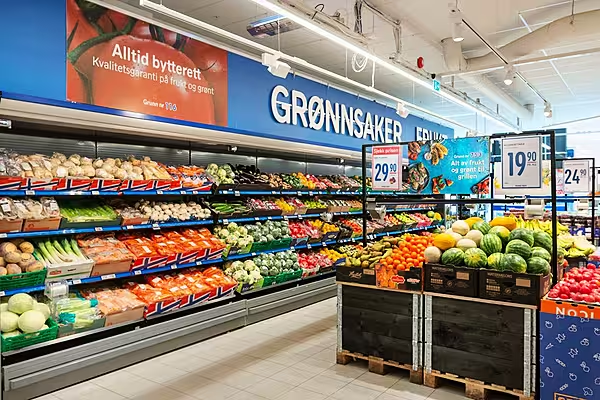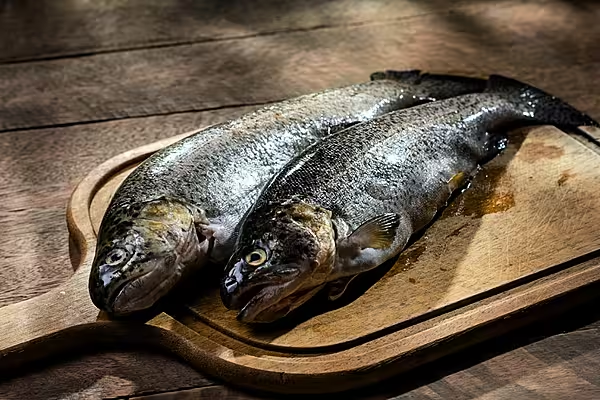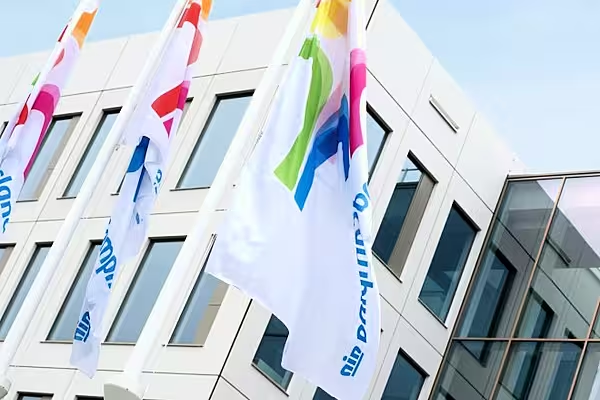South Africa's competition watchdog has uncovered barriers to entry, distorted competition and price mark-ups in its fresh produce market, according to a provisional report release after an inquiry.
Last year, the Competition Commission launched the Fresh Produce Market inquiry in order to examine whether any features in the fresh produce value chain impede, restrict or distort competition in the market.
Detailing the findings of the preliminary report, Deputy Commissioner Hardin Ratshisusu said the inquiry found some instances of high mark-ups by retailers which have been sustained over a period of time, which the Commission found to be an indictor of a lack of competition.
The inquiry also noted that there is still slow progress in integrating historically disadvantaged small-to-medium enterprise farmers into various retailers' supply chains.
The agricultural sector contributes approximately 2.5% of South Africa's gross domestic product, while the market size of the domestic fresh produce market is estimated at over 53 billion rand ($2.93 billion) annually.
Market Distortions
Ratshisusu said prices of fresh produce "are not transparent enough such that they allow consumers to reasonably compare prices in-store and across retailers," because prices are not at per kilogram but per unit basis.
In the agrochemical sector, the inquiry found that some firms engage in practices or conduct that may distort competition, such as the use of territorial allocation in their distribution agreements with retailers.
In the seeds industry, the inquiry found instances where a firm appears to be involved in charging farmers "what could be characterised as exploitative prices."
Recommendations And Remedial Actions
To address distortion in the market, the inquiry identified recommendations and remedial actions.
On variety for potato seeds, it recommended that Simba, owned by PepsiCo Inc should make available its potato variety FL2006 gene material to the Agricultural Research Council for preservation and so that it is available to any member of the public.
PepsiCo patents its potato seed variety used to make its popular Simba potato chips.
Some recommendations included a new fund to assist new entrants selling fresh fruit and vegetables in shopping centres, measures to support the local fertiliser industry and that Bayer remove the territorial clauses from its distribution agreements with appointed distributors.
It also proposed that African Rainbow Capital should divest its shareholding in either Subtropico or RSA Group, which both specialise in sales and marketing of fresh produce on behalf of producers.
